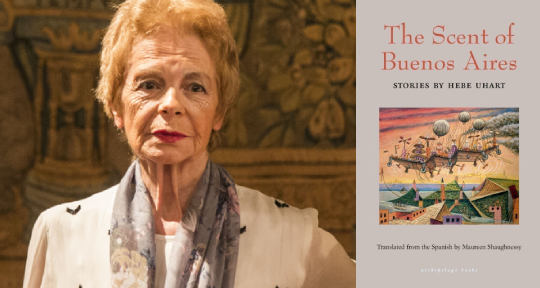The Gallows Songs by Christian Morgenstern, translated from the German by Max Knight, introduction by Samuel Titan, New York Review Books, 2025
Christian Morgenstern’s name itself opens a door. The significance of his first name is clear enough, but it is his last—German for “morning star”—that bears the promise of light before knowledge, of awareness before the world hardens into habit. In The Gallows Songs, newly reissued by NYRB Poets in Max Knight’s classic 1963 translation, Morgenstern uses that dawn brightness to keep language—and thus perception—from calcifying, with a celebrated nonsense that is less escapist whimsy than a disciplined refusal of routine. At the heart of The Gallows Songs lies a paradox: it is the crimson thread holding the hanged man to the gallows pole, at once constraining and liberating, that gave Morgenstern permission to see the world as a new thing, with the freshness of something that will not be seen again. Laughing on the edge of death, Morgenstern turns the gallows itself into a perch to witness the world anew. READ MORE…



